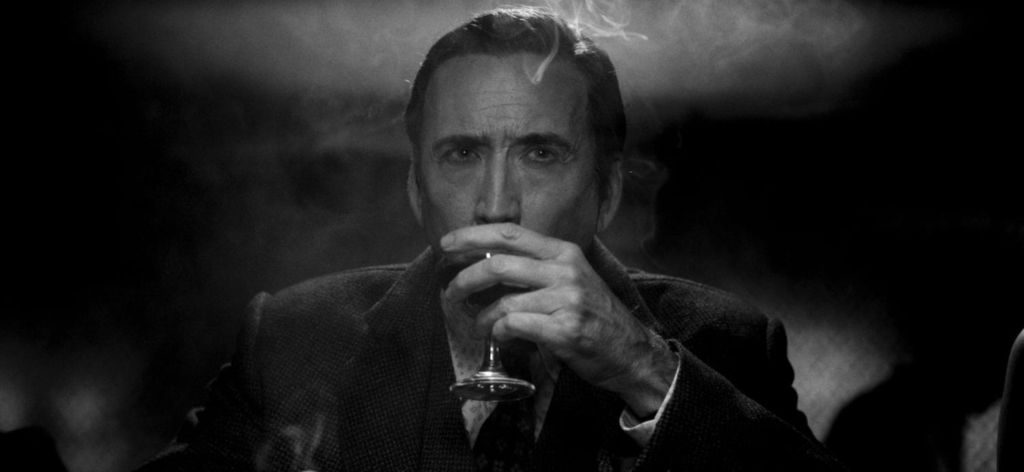
Set throughout the summer season of 1983, Call Me by Your Name is a slow-building, affecting take a look at a boy not solely exploring his sexuality and experiencing past love, however finally having his most intimate self seen and affirmed.
Elio (Timothée Chalamet) is a brilliant but self-loathing 17-year-old dwelling in Italy along with his American professor father and French mom, who absorb a 24-year-old American doctoral pupil named Oliver (Armie Hammer) for the summer season. The two younger males develop a rapport, which finally turns bodily. The movie notably doesn’t have an antagonist or a catastrophic occasion that forces them aside, apart from the passing of that summer season.
Due to his appears and bodily presence, Hammer nails that entitled, All-American Winklevoss bravado he’s recognized for; however not like a few of his earlier performances, that facade peels again right here to disclose confusion, insecurity, and longing in his most complicated work up to now. However, his character doesn’t really transcend the truth that he has the higher hand within the relationship or handle to earn being known as “good,” regardless of Elio’s father definitively describing him as such.
Though the movie offers area for Oliver’s character to develop, its major focus is on Elio’s emotional journey. Its success firmly depends on the efficiency of relative newcomer Chalamet. The film has little dialogue on the entire, so facial reactions and physique language are the first approach wherein Elio is ready to talk his inside life with others and the viewers. The remaining scene is definitely an extended, uninterrupted tight shot of Elio’s face as he silently stares into the hearth and processes the gamut of feelings he’s felt over the course of the summer season. Chalamet is actually fascinating in these final moments.
Elio is a teenage boy whose moods vacillate wildly, and along with his distinctive mixture of identities—American, French, Italian, and Jewish—he feels he has nobody like him to open up to. Upon Oliver’s arrival, Elio finds a kindred spirit for the primary time: Oliver can be a bookish, sexually undefined Jewish man, and he welcomes Elio’s outbursts of honesty. Their bodily magnetism is palpable, in addition to superbly inelegant and tender. Their first time consummating their relationship reveals Italian director Luca Guadagnino’s present for crafting intercourse scenes which might be extra about intimacy than pores and skin, although the scene ending by jarringly panning to foliage looks like both lazy filmmaking or a option to keep away from alienating wider audiences with express homosexual lovemaking. Guadagnino additionally applies restraint in dealing with the soon-to-be infamous peach scene from the novel; it might have simply come off as ridiculous, however as a substitute feels sensual and poignant by utilizing it as image for being understood and valued.
While the Italian surroundings balances dreamy landscapes with visceral, sweaty our bodies and runny eggs, the identical steadiness is missing within the plot. Elio and Oliver’s same-sex affair is allowed to exist in a secure, sun-kissed bubble with little or no political or cultural context. Oliver briefly mentions not crossing a line with Elio, however whether or not that line relies on his religion, ’80s American values, their age distinction (which isn’t addressed), or one thing else is left unexplored. On Elio’s finish, his hip, liberal-intellectual mother and father are nearly impossibly encouraging of their younger son’s relationship, inflicting the movie to slide out of romantic realism and into idyllic fantasy.
Overall, this buzzed-about film has flaws in its course and character growth, however any reward Hammer and Chalamet earn for his or her work is deserved. With its lush visuals, stirring soundtrack, and gripping performances, the movie finally achieves its objective of illustrating the ability of first like to form you and can help you uncover your self—with sufficient relatability for the lots.
Source


